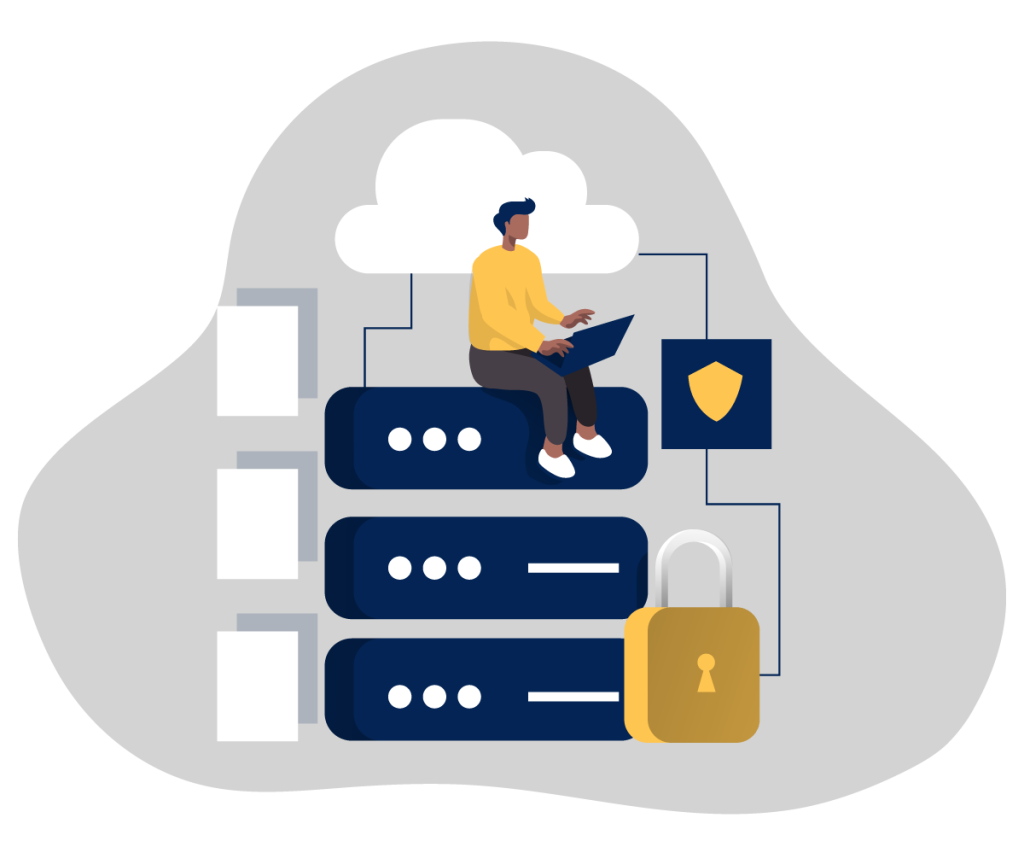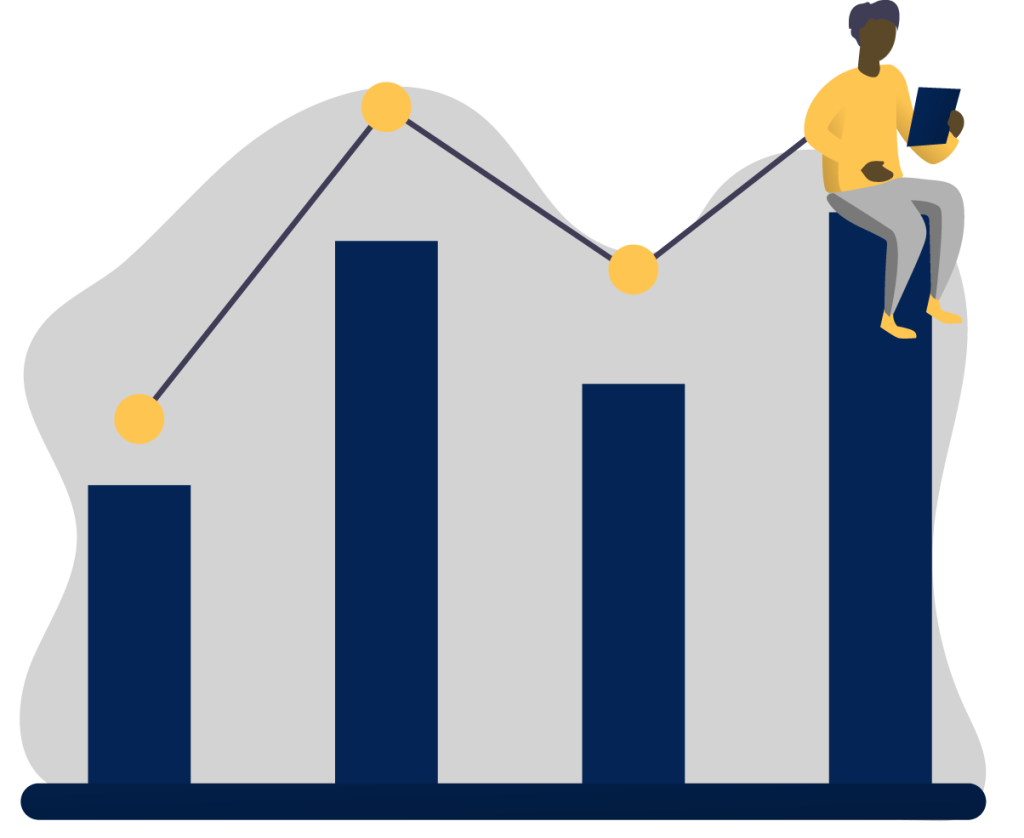The following op-ed was written by Catalyst Executive Director Charles Finlay and was first published in iPolitics on Feb 14, 2022.
Attend an international cybersecurity conference these days, and behind the vendor pitches and PowerPoint platitudes, you’ll sense a deeper tone of confusion, anxiety and even fear.
This angst was certainly in evidence at Cybertech Global last month in Tel Aviv, Israel. An important annual cybersecurity conference that attracts participation from senior technology, academic and government leaders worldwide, Cybertech is usually a fizzy celebration of cyber entrepreneurship and ingenuity.
Not this year.
To begin with, a strong consensus emerged quickly among participants from across all regions that cybersecurity attacks are increasing in number and sophistication, fast.
Speaker after speaker told similar tales of cybercriminals seizing the initiative, launching well-organized attacks with impunity against cherished institutions — hospitals, schools and universities, governments, elections agencies, communications networks, transportation systems, companies of all sizes and more.
No one said that things were getting better. No one even said that things would get better. In a global community that agrees on almost nothing, an unusual cross-cultural consensus has emerged that cybersecurity is a disaster.
From the conference program, and from huddled discussions on the bustling exhibition floor, a picture emerged of a chaotic and chronic ongoing cyber conflict sweeping the globe, with highly resourced and effective gangs of cybercriminals laying a kind of cyber siege to increasingly outnumbered and bewildered defenders.
The government leaders in attendance tried gamely to express a sense of managerial control over events, but it was a tough sell.
No doubt they are doing the best they can, but it’s impossible to shrug off the uneasy sense that governments worldwide are outmatched and under-resourced.
Cybercriminals, like their legitimate private-sector technology counterparts, are tireless disrupters and impatient entrepreneurs who innovate fast. They launch new products and services quickly and improve them iteratively.
Our process-bound legislative and regulatory tools, and the well-meaning agencies that enforce these rules, currently cannot keep up.
Consider how tough it has been for our governments to regulate technology firms that are operating openly and at least paying lip service to following the law. Unless they receive massive new resources, these same governments and government agencies are not going to be able to stop rapidly innovating ransomware gangs.
But there was something else driving the angst at Cybertech — a growing sense that new technologies may make our current cybersecurity challenges much worse.
As bad as 2022 was for cybersecurity, more than a few conference attendees noted wryly that we may look back at the present time with rueful nostalgia.
A persuasive thesis has gained traction that artificial intelligences like ChatGPT could quickly overwhelm the internet with tides of disinformation at a previously unimagined scale, pushing precarious democratic institutions even further off balance. And we know AI is only going to grow massively in power and impact.
Many others eye the quantum computing revolution with real apprehension. Ultra-fast quantum computers threaten to crack our current security models and expose our data and intellectual property to adversaries of all kinds. There is excellent work underway on new quantum-resistant cybersecurity processes, but it’s not at all clear how quantum technologies will impact our overall security climate in the not-too-distant future.
As the conference ended and attendees loaded into their cabs and buses, perhaps the one important hope that emerged was that we are all in this together, and everyone knows we can’t afford to lose.







